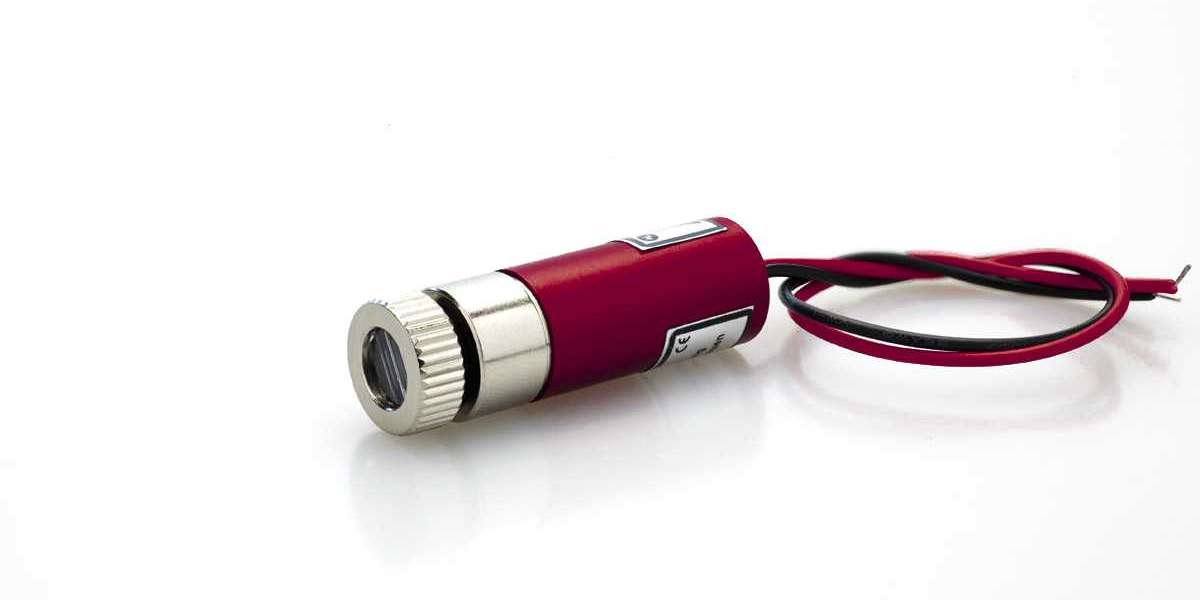Laser modules are integral components in a wide array of industries, offering precision, efficiency, and reliability. These compact devices, which emit highly concentrated beams of light, are designed to meet the specific needs of various applications, from industrial to medical, and beyond. In this blog, we'll explore the essential features of laser modules South America, their diverse applications, and what makes them a critical tool in modern technology.
What Are Laser Modules?
A laser module is a self-contained unit that includes a laser diode, optics, and often electronics to control the output. These modules are engineered to provide a specific wavelength of light and can be customized in terms of power, beam shape, and size, making them highly adaptable. The versatility of laser modules lies in their ability to be integrated into systems for a wide range of uses.
Key Features of Laser Modules
Precision: Laser modules offer exceptional precision, with beam sizes that can be focused down to microscopic levels. This makes them ideal for tasks requiring high accuracy, such as engraving or cutting in manufacturing processes.
Power and Wavelength Options: Depending on the application, laser modules are available in various power levels and wavelengths. Infrared, visible, and ultraviolet lasers are common, each serving different purposes.
Durability: Designed to withstand harsh environments, many laser modules are built with rugged materials that ensure long-term operation even under demanding conditions.
Ease of Integration: Laser modules are often designed to be plug-and-play, making them easy to integrate into existing systems or new projects without extensive modifications.
Applications of Laser Modules
Industrial Manufacturing: In manufacturing, laser modules are used for cutting, welding, and engraving materials such as metals, plastics, and ceramics. Their ability to deliver high precision makes them invaluable for producing intricate designs and components.
Medical Devices: Laser modules are crucial in medical applications, including surgical procedures, dental treatments, and diagnostic equipment. Their precision allows for minimally invasive surgeries, reducing recovery times and improving patient outcomes.
Optical Sensing: In environmental monitoring, laser modules are used in LIDAR systems to measure distances, map terrains, and detect atmospheric pollutants. Their accuracy and range make them ideal for scientific research and environmental protection.
Barcode Scanning: Laser modules are a core component in barcode scanners used in retail, logistics, and healthcare. Their ability to quickly and accurately read barcodes ensures efficient inventory management and tracking.
Alignment and Positioning: Laser modules are widely used in construction and engineering for alignment and positioning tasks. Their ability to project straight lines and precise points simplifies the process of setting up machinery or laying out structures.
Choosing the Right Laser Module
Selecting the appropriate laser module depends on several factors, including the application, required wavelength, and power output. It's essential to consider the environment in which the module will be used, as well as any specific industry standards or regulations that must be met.
For instance, in medical applications, choosing a module with the correct wavelength for tissue interaction is critical. In contrast, industrial users may prioritize power and durability for cutting or welding tasks.
The Future of Laser Modules
As technology advances, so too does the potential of laser modules. Emerging applications such as quantum computing, advanced telecommunications, and space exploration are driving the development of new, more sophisticated laser modules. These future innovations promise to further enhance the capabilities of laser modules, opening up new possibilities in various fields.
Conclusion
Laser modules are a cornerstone of modern technology, offering unmatched precision, reliability, and adaptability. From industrial manufacturing to medical devices, their applications are vast and varied. As industries continue to evolve, the role of laser modules will undoubtedly expand, driving innovation and efficiency across the board. Whether you're in manufacturing, healthcare, or research, understanding the potential of laser modules can help you harness their power for your specific needs.








